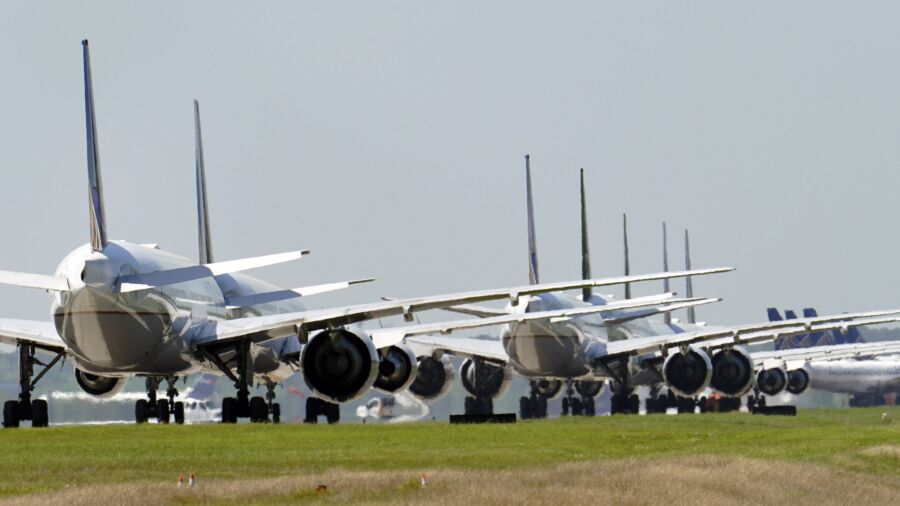United Airlines CEO Scott Kirby has acknowledged that the carrier’s pilots are shunning promotion to the captain’s chair, hurting its flight capacity in the fourth quarter, but expressed his optimism about the future.
The main reason senior first officers cite for avoiding the promotion to captain is the unpredictable schedule that comes with the bigger paycheck.
As a result, a large number of captain vacancies have remained unfilled this year—and not just at United Airlines.
“It’s the first time that I’ve ever known it to happen in the airline industry,” Mr. Kirby said in response to a question on the company’s earnings call on Thursday. “It is going to impact capacity in the fourth quarter.”
While a first officer helps navigate and operate flights, a captain is the pilot in command and is responsible for the safety of the plane. Airplanes are forbidden from takeoff without a captain manning the cockpit.
Currently, the Chicago-based carrier employs some 5,900 captains and 7,500 first officers. In the past year, 978 captain vacancies have gone unfilled, pilot union data shows—accounting for roughly 50 percent of vacancies. In June alone, 96 of 198 openings remained unfilled.
United Airlines’ pilots blame current work rules for making senior first officers reluctant to take promotions. Pilots told Reuters captains can be forced to accept assignments on days off, and that trips can be extended or changed “on a whim.”
Seniority affords pilots a more fixed schedule, allowing them more liberty to choose trips, and trade trips, and plan vacations. However, a promotion would have them enter their new positions as junior captains, reversing the previously earned privileges and putting them at greater risks of being subjected to unpredictable flying schedules, on-call duty, and assignments on short notice.
“If I did that, I would’ve ended up divorced and seeing my kids every other weekend,” United Airlines first officer Phil Anders gave as the reason for foregoing the 40 percent pay-raise.
Another pilot, Greg Sumner, told Reuters he asked for a demotion after spending two years as a junior captain. “I was tired all the time,” he said, adding that he would receive phone calls from the scheduling team at “all hours of the night.”
United Airlines has sought to address some of the problems in its new pilot contract, which includes provisions such as premium pay, more days off, and restrictions on involuntary and certain standby assignments.
Even though the agreement hasn’t been finalized yet, Mr. Kirby said the contract has already made a difference and led to a better response in the latest bidding for captain vacancies.
“This is a unique issue that will be in the rearview mirror sometime next year,” he said.
The CEO’s optimism was corroborated by United Airlines’ pilot union head, Garth Thompson, who believed the deal would “go a long way” toward ensuring the company is sufficiently staffed with captains for 2024 and beyond.
Top-of-the-scale hourly wages for a 737 United Airlines first officer, in the new contract, will be about $231 to $232, compared with about $311 to $312 for the most junior captain in the same aircraft. Airlines usually start training new captains after the summer travel rush.
Similar issues have been plaguing other airline companies as well. This week, a proposal from American Airlines for a new contract was dismissed as “woefully deficient by comparison” by the Allied Pilots Association, the union representing American Airlines’ 15,000 pilots.
Reuters contributed to this article.


